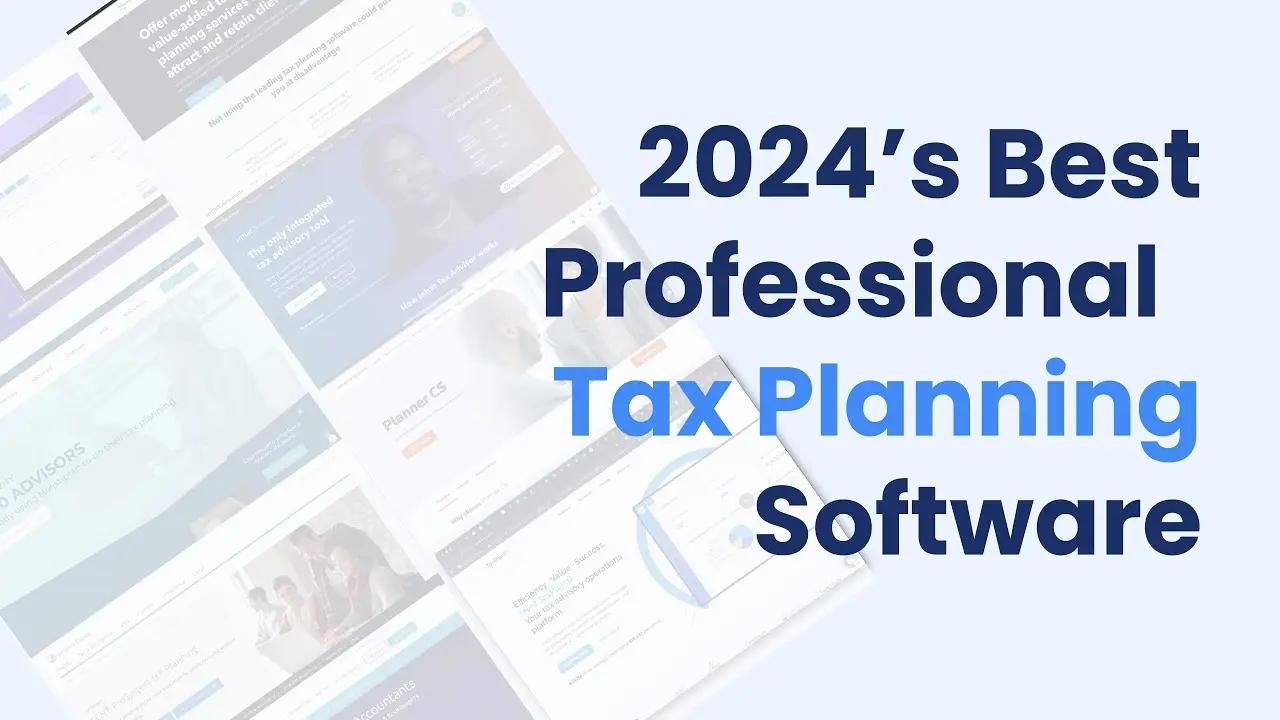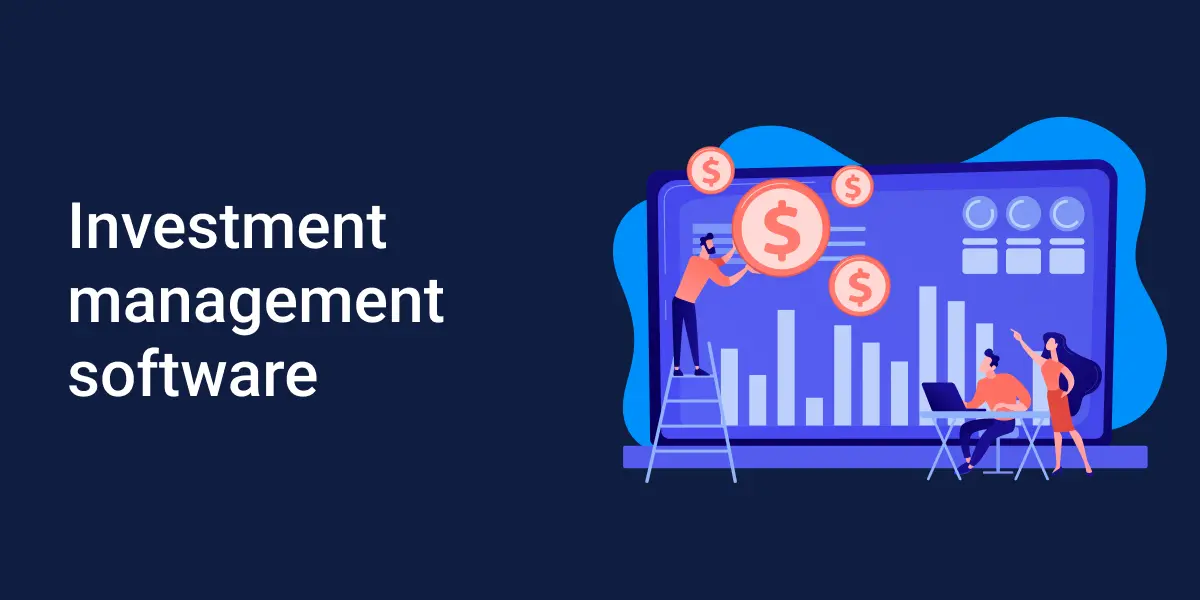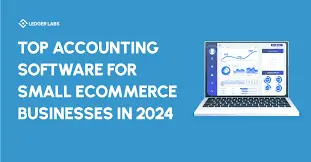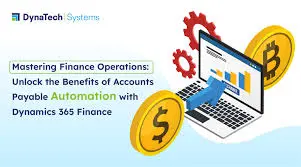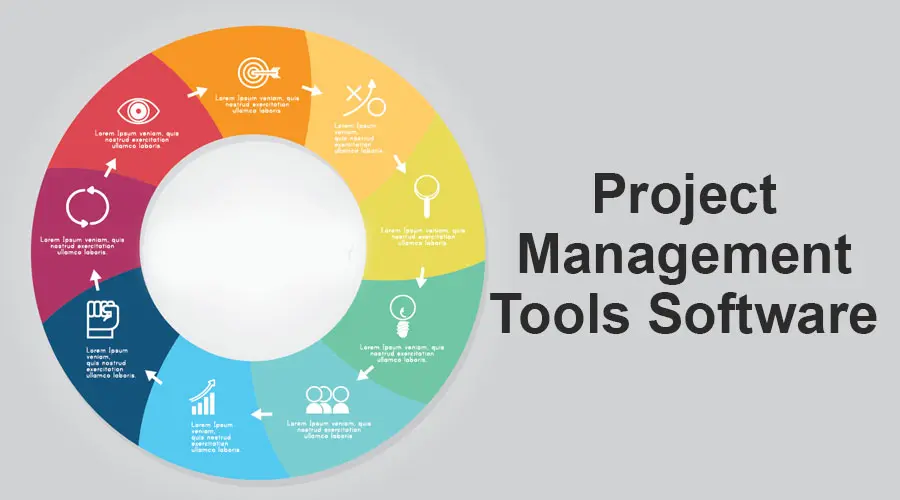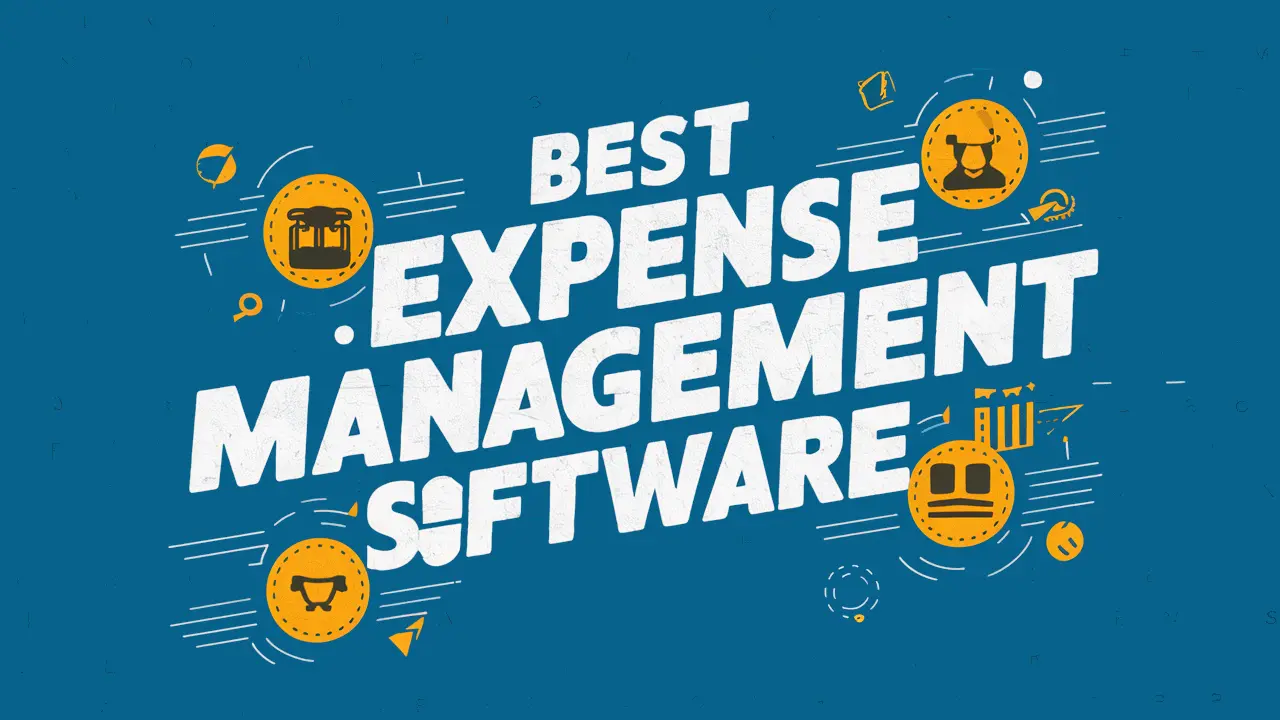
1. Quicken Premier
Overview: Quicken Premier remains a top choice for comprehensive financial planning. It offers robust features for budgeting, investment tracking, and retirement planning.
Features:
- Investment tracking with real-time quotes
- Detailed budgeting and spending analysis
- Tax planning tools
Pros:
- Extensive features for both personal and investment finances
- User-friendly interface
Cons:
- Desktop software requires regular updates
- Subscription model
2. Personal Capital
Overview: Personal Capital is a hybrid financial planner that combines human advisors with advanced technology to manage your investments and finances.
Features:
- Investment management
- Retirement planning
- Net worth tracking
Pros:
- Free financial tools
- Comprehensive investment analysis
Cons:
- Higher fees for advisory services
3. YNAB (You Need A Budget)
Overview: YNAB is designed to help users take control of their money by promoting proactive budgeting and financial management.
Features:
- Real-time budgeting
- Goal tracking
- Bank synchronization
Pros:
- Strong focus on budgeting
- Educational resources
Cons:
- Monthly subscription fee
- Limited investment tracking
4. Mint
Overview: Mint by Intuit is a free financial management tool that offers budgeting, bill tracking, and credit score monitoring.
Features:
- Budgeting tools
- Bill payment reminders
- Credit score tracking
Pros:
- Free to use
- Comprehensive financial overview
Cons:
- Ads within the platform
- Limited investment features
5. FutureAdvisor
Overview: FutureAdvisor is a robo-advisor platform that helps you manage and optimize your investment portfolio.
Features:
- Portfolio management
- Tax-loss harvesting
- Retirement planning
Pros:
- Low fees
- Personalized investment advice
Cons:
- Requires a minimum investment
- Limited financial planning features beyond investments
6. Tiller Money
Overview: Tiller Money connects to your bank accounts and automatically updates Google Sheets or Microsoft Excel with your daily financial transactions.
Features:
- Automatic transaction tracking
- Customizable spreadsheets
- Budgeting and expense tracking
Pros:
- Highly customizable
- Great for spreadsheet enthusiasts
Cons:
- Subscription-based
- Requires familiarity with spreadsheets
7. PocketSmith
Overview: PocketSmith offers a flexible approach to financial planning with powerful forecasting tools and budgeting capabilities.
Features:
- Calendar-based budgeting
- Financial forecasting
- Multi-currency support
Pros:
- Flexible planning tools
- Long-term financial forecasting
Cons:
- Steeper learning curve
- Subscription fee
8. eMoney Advisor
Overview: eMoney Advisor is a comprehensive financial planning platform tailored for financial advisors but beneficial for individual users seeking detailed financial planning.
Features:
- Advanced financial planning tools
- Client portal
- Data aggregation
Pros:
- In-depth planning capabilities
- Secure client communication
Cons:
- Primarily for professional use
- Higher cost
9. MoneyGuidePro
Overview: MoneyGuidePro is another tool geared towards financial advisors, offering robust financial planning and client management features.
Features:
- Goal-based planning
- Risk tolerance analysis
- Retirement planning
Pros:
- Detailed and professional planning tools
- Easy to use
Cons:
- Higher cost
- Primarily for advisors
10. RightCapital
Overview: RightCapital is designed to simplify the financial planning process with user-friendly tools for retirement planning, tax planning, and budgeting.
Features:
- Retirement planning
- Tax planning
- Student loan management
Pros:
- Intuitive interface
- Comprehensive planning features
Cons:
- Geared towards financial advisors
- Subscription-based
Conclusion
Selecting the right financial planning software depends on your specific needs, whether it's for personal finance management, investment tracking, or professional financial advising. The top 10 picks for 2024 offer a range of features and pricing options, ensuring that there is a suitable solution for everyone. Investing in the right financial planning software can provide clarity, improve financial health, and help achieve long-term financial goals.


